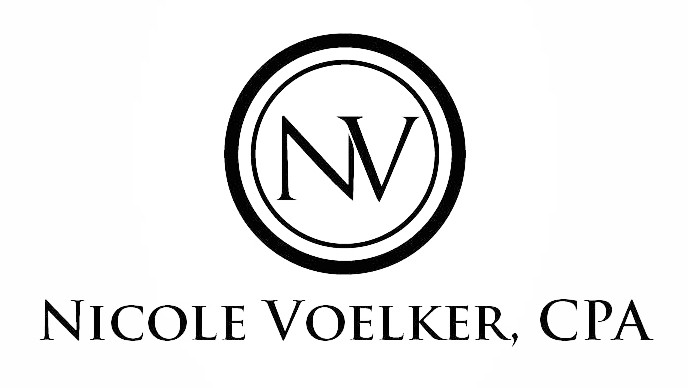What is a business valuation? Admittedly, a loaded question. You can find a number of lengthy books attempting to provide a good, well-rounded answer. Consider this the abridged version.

Our economy is made up
of many businesses. Some businesses are public, and others are private. By public, I mean traded on a public stock exchange (i.e. Nasdaq and NYSE). Finding the value of a public company is easy. A public company’s per share value (share price) is adjusted and reported every minute on the web for the world to see.
The large majority of businesses, falls into the second category, private. Private businesses can be large and small. The private business category can include sole proprietors, partnerships, and corporations. However, the defining difference, stock in a private company is NOT traded on a public stock exchange. And therefore, a private company’s per share value is NOT readily available.
So how should a potential business investor, other third party, or, in many cases, the business owner himself or herself, go about measuring the value of a private company?
Enter the concept of business valuation. Some investors, buyers, and owners, may feel comfortable measuring the value of a private company on their own. In other instances, the circumstances may call for an objective, third party, valuation analyst.
When I am engaged to perform a business valuation, I begin by establishing a firm understanding of the business.

(1) Non-financial information, including, but not limited to: history and background; products and services; relationships with competitors, customers, employees, suppliers, and regulators; industry and economic factors; organizational structure; and business risks.
(2) Ownership information, including, but not limited to: type and size of ownership interest being valued; rights (i.e. voting rights) included in ownership interest to be valued; and any standing shareholder, buy-sell, etc. agreement applicable to the ownership interest being valued.
(3) Financial information, including, but not limited to: historical financial statements or reports; future forecasts, projections, or budgets; and historical income tax returns.
After I have enough information to feel comfortable with the business, I consider each of the three approaches to valuation. The three approaches to valuation are universal among all shapes and sizes of valuation from real estate to equipment.
(1) Income Approach: an approach that measures the present value of future expected benefits (income or cash flows) to estimate business value.
(2) Asset Approach: an approach that measures the value of the assets (equipment, land, patents, etc.) and liabilities (mortgages, business loans, etc.) to estimate business value.
(3) Market Approach: an approach that uses selling prices of comparative businesses to estimate business value.
After considering each approach, I choose the best approach(es) for the specific business being valued, and determine the conclusion of value.
The tangible work product at the end of of this business valuation process comes in the form of a report that I provide to the client that describes my analysis and conclusion of value.
And there you have it, “What is a Business Valuation?”, in a nutshell.
If (when) you are left with any further questions about the business valuation process or how this process might apply to your specific situation, please do not hesitate to contact me by e-mail, nicole@voelkercpa.com or by phone, 309-369-6430.

